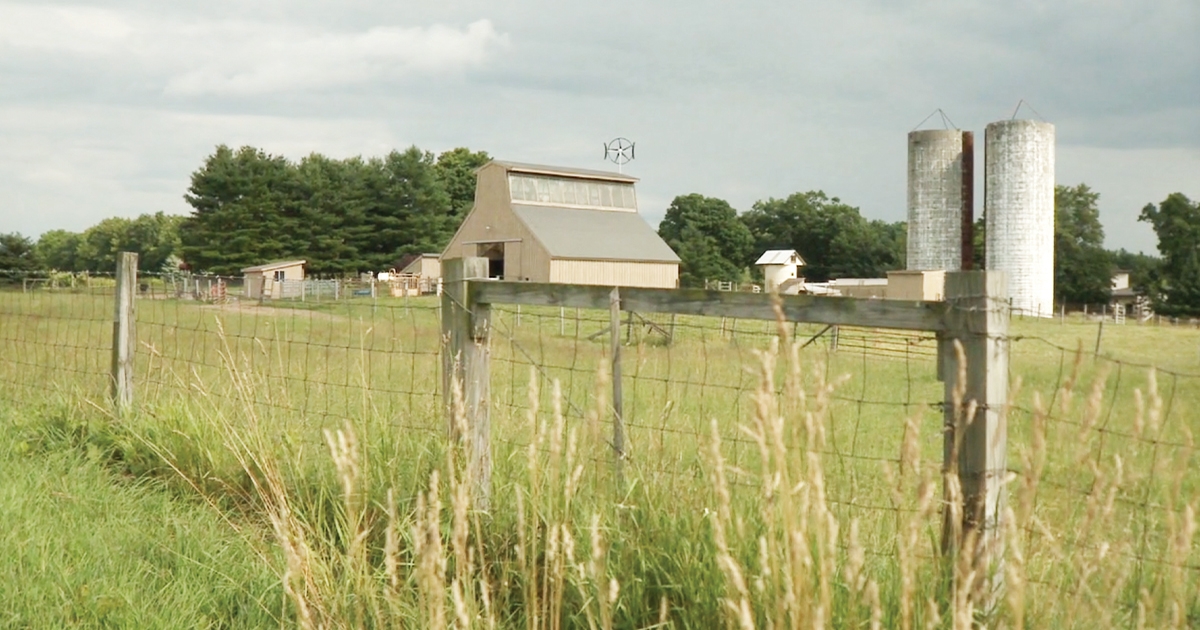Each year, two instructors from New York City’s Proposon School of Iconology leave the metropolis and head far west to Lowell, Michigan. More specifically, Tatiana Berestova and Dmitrii Berestov head to the rural campus of Franciscan Life Process Center (a second location opened more recently in Grand Rapids, near the Basilica of St. Adalbert).
The organization was founded in 1974 by The Franciscan Sisters of the Eucharist, an order of Catholic nuns. Its remit was, and is, serving the people of West Michigan. Services offered include counseling, music therapy and lessons, cooking lessons, and art instruction. People who take advantage of the services need not be Catholic; they can belong to any faith, or none.
According to the organization’s website, the art school “is located on a working farm on 230 acres of rolling hills,” and includes an orchard, paths, woods and gardens. Artists, writers and musicians are invited to consider retreats on the grounds, to allow time and space for contemplation and the exercise of their respective arts.
“Art is a language,” Art Director Kathleen Bechtel told Revue. “It’s a way we express ourselves, reach out to others, and share ourselves with others.” She sees the art program’s mission as helping people learn to better speak that language.
She told me that the overall goal of the center is to unlock the potential in everyone — a noble aim, but also one shared by every self-help book sitting in boxes stacked within dusty warehouses. Where the center’s art program in particular differentiates itself is through in-person instruction provided by proven experts.
Workshops constitute the heart of the art program, and are taught by nationally recognized artists, experts in watercolor, oil, acrylic, pastel and other mediums. Subjects include color theory, the basics of drawing, working with a live model and more. Attendees are of all levels; beginners come to learn the basics while more experienced artists come to strengthen their craft.
What of Tatiana Berestova and Dmitrii Berestov, mentioned above? They teach a workshop on painting icons. Today, the phrase “icon” might conjure the image of a supermodel, or a pop singer who’s scored a few #1 hits. In painting, it refers to religious works created with a high degree of craftsmanship and according to very specific rules. A successful icon thrums with symbolic meaning — each piece of the whole conveys a message.
People who choose to attend the icon workshop take on a serious role. They listen to theological discussions. Their hands are blessed by a priest. They begin each day by chanting. They are presented with carefully mixed natural pigments, and are instructed that, above all else, they must make their choices and commit to them; they must never hesitate.
One of Bechtel’s fondest memories of her career with the organization is of an optimistic amateur, who, having heard Bechtel say that anyone could take the class, decided to try it. “She took me at my word,” Bechtel said, laughing. It worked out. “Her painting was absolutely beautiful.”
The icon workshop begins the season. The workshops that follow are not religious in nature (unless to describe is to praise, as John Updike asserted). Attendees come to learn to paint still-lifes, or cityscapes, or nature. All are welcome, although a sizable portion is made up of retirees, who now have the time to pursue their dreams and do it safely. The center has been careful to enforce mask-wearing and social distancing, allowing classes to continue in the midst of the pandemic. “We do everything we can to keep people safe,” Bechtel said.
Asked if people living nearby realize all the center offers, she responds that they don’t. “This is world-class instruction. The teachers are so approachable and warm, and anyone who attends a workshop here walks away with new tools and new approaches. It’s not just theory. They put it to use.” And they do so in a beautiful environment.
Given the frenetic pace of 21st-century life, having the time and the space to reflect and make art is rarer and, thus, more precious. Bechtel is proud that the center offers that time and space.
“Art can’t be just one more thing you have to do,” she said. “It’s something that truly makes life more meaningful.”
Franciscan Life Process Center
11650 Downes St. NE, Lowell
lifeprocesscenter.org





